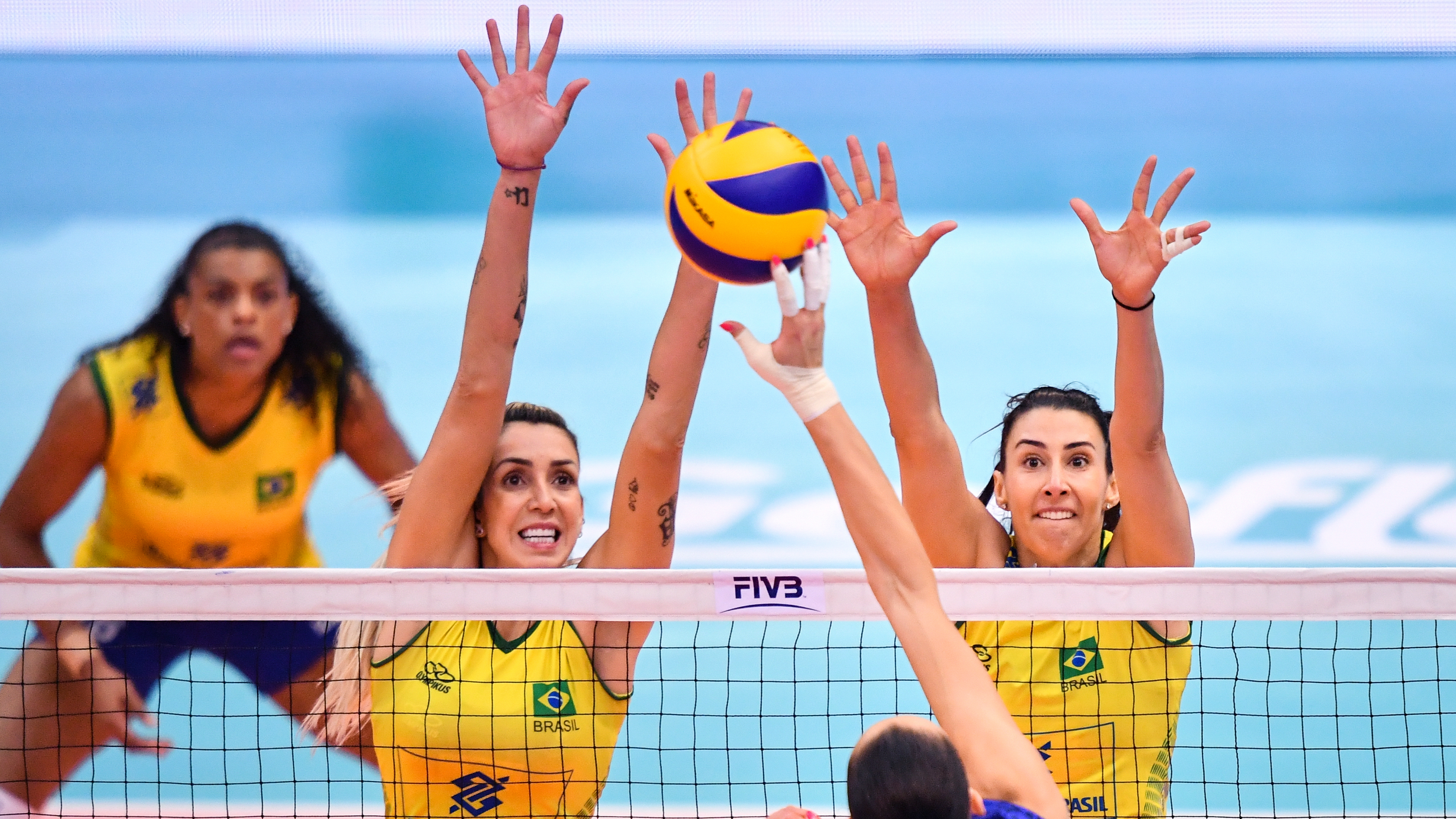Sprained finger
A sprained finger is a common injury. Not surprisingly, we often see it in sports where fingers are particularly exposed, such as in handball, basketball, and volleyball.

The term 'sprain' is used when the injured person has relatively mild symptoms, and X-ray images do not uncover any damage to the skeleton. The injury most often occurs as the result of an impact to the finger after a fall or if a ball hits an outstretched finger awkwardly.
Signs and symptoms
The finger starts swelling, becomes painful, and gets stiff as a result of the joint capsule and ligaments being stretched.
Diagnosis
If there is severe pain or swelling or if the finger appears to be deformed, an X-ray examination should be performed to rule out that the finger is broken. However, it is not necessary to see a doctor if there is only slight swelling and tenderness and if you can bend and straighten the finger.
Treatment
It is important to start first aid according to the PRICE principles as soon as the injury has occurred. See the link on first aid for the hand. For pain relief and swelling prevention, many people benefit from immobilisation of the injured area using a cast, brace, or tape for a few days.
It is important to move the fingers as well as bending and straightening the wrist several times a day to reduce swelling and minimise joint-stiffness. Training should be gradually resumed.
Prognosis
Almost all people who have suffered a sprained finger make a complete recovery. You can start to resume sporting activity after about a week, in which case it is beneficial to use strapping tape. See the link with video instruction on using strapping tape for the fingers and thumb.


